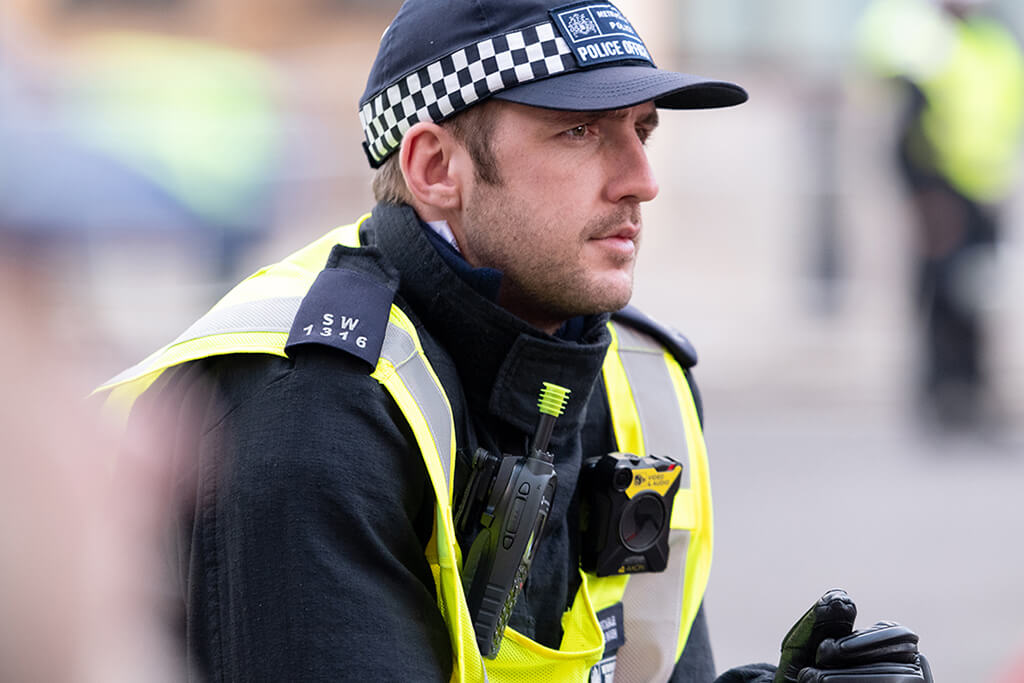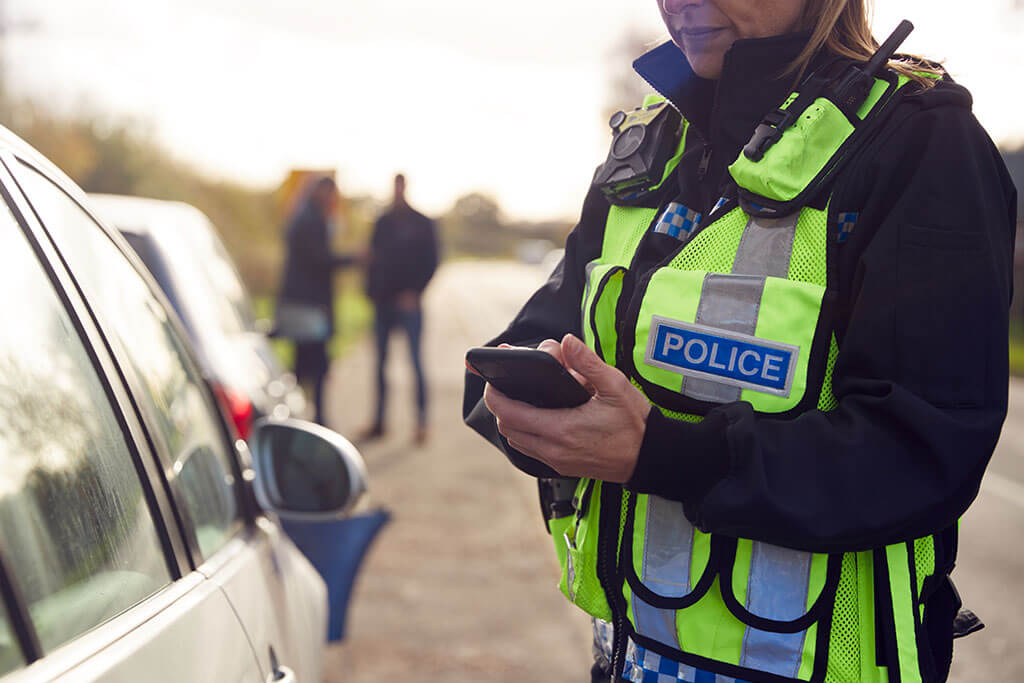Insights
How do we close the IT skills gap in UK policing?
Author
Charlotte Hails
Justice and Policing Lead
4 minutes
17th July 2024
Share this article:
When it comes to digital skills there can be big differences between police forces.
Some have evolved, adapted and embraced technology faster than others.
But wherever a particular force stands on its journey, all face a common challenge. They need to make sure their officers and staff have skills to use new – and let’s not forget existing – technology effectively.
Because that technology touches every part of their working day. From using multiple IT systems to digital forensics, online investigations and preventing and detecting digitally-enabled and digitally-dependent crime, the range of knowledge required in policing is enormous – officers and staff need the tech and skills to match.
There are several ways of tackling the situation and bridging that skills gap.
Create digital confidence everywhere
It’s no secret that digital crime is rising fast. In 2022 alone, cybercrime cost the UK economy an estimated £27 billion.
Which means boosting tech confidence among police officers and staff to combat that threat is more important than ever.
And there are four practical ways of doing so:
1: Train. And keep on training.
The pace of change has never been this fast.. Policing needs to stay ahead, and training is key. Assistant Chief Constable at Thames Valley Police, Katy Barrow-Grint, explained,
Thames Valley Police’s Crime Academy is a great example of this principle in action. Running courses throughout the year, they cover areas as diverse as cryptocurrency, digital stalking and cloud data.
There’s a similar initiative in the North West, where a partnership between five police forces is training officers and staff in digital investigations. A five week programme encompassing Cumbria, Lancashire, Cheshire, Merseyside and Greater Manchester includes virtual sessions on evidence based digital investigations into areas including domestic abuse.
2: Skill up your senior officers and staff.
Chief Superintendent at Greater Manchester Police, Phil Davies stated he
It’s extremely difficult for senior officers to lead a charge towards skilling up their staff if they don’t 100% understand the value themselves.
3: Your officers and staff already have tech skills. Use them.
Recognise that your officers already use technology in their everyday lives, draw on that experience and reflect it in the training.
4: Make sure your tech does its job properly.
There’s nothing more uninspiring than being an officer trying to get to grips with old, clunky tech that doesn’t work properly, particularly if it doesn’t match what they have access to in their personal life
Ramp up knowledge sharing
Knowledge sharing is one of the most powerful tools when trying to bridge the skills gap.
We need to carry on building a culture where officers and staff share their experiences, tips and tricks to drive both efficiency and innovation. If officers and staff can see what’s happening elsewhere in their own force and at every force in the country, they can all learn.
There are already mechanisms to share this kind of knowledge, such as Knowledge Hub, Police Digital Service events, LinkedIn and various conferences. There are plenty of examples of best practice all over the country. The College of Policing plays a critical role here too.
We’ve already seen the power of this kind of knowledge sharing with the move towards Office 365. The adaption of this software has created a broad, country-wide community where staff and officers discuss how to get the most out of their technology.
Make sure you’re working with partners in the most effective way you can
Working closely with private sector companies will help bridge the skills gap.
Because when you encourage active, open discussions and strategic collaboration, you don’t just make the most of existing tech – your staff will broaden their skills too.
If there’s a particular problem, these partnerships can also deliver specialised tech knowledge staff can learn from.
Looking ahead
As digital crime grows in volume and complexity, it’s critical to make sure the skills gap doesn’t.
Invest in formal training programmes and keep updating them. Encourage knowledge sharing wherever possible to create a culture of innovation. Invest in partnerships to harness expertise for digital, data, and technology problems.
And make sure it’s all underpinned by digital infrastructure you can rely on. Connectivity is, after all, essential to help officers and staff communicate instantly and securely.
Bridge the skills gap and you do more than just help officers and staff use tech better. Your officers and staff save time on admin, time they can spend with the public and out in communities preventing crime and keeping people safe. Your people collaborate more and there’s more knowledge sharing. Your force becomes more responsive and flexible, making it even more effective on the ground.
But more than that, you empower your officers and staff and increase public confidence.
Want to speak to one of the team?
call 0800 064 3790


